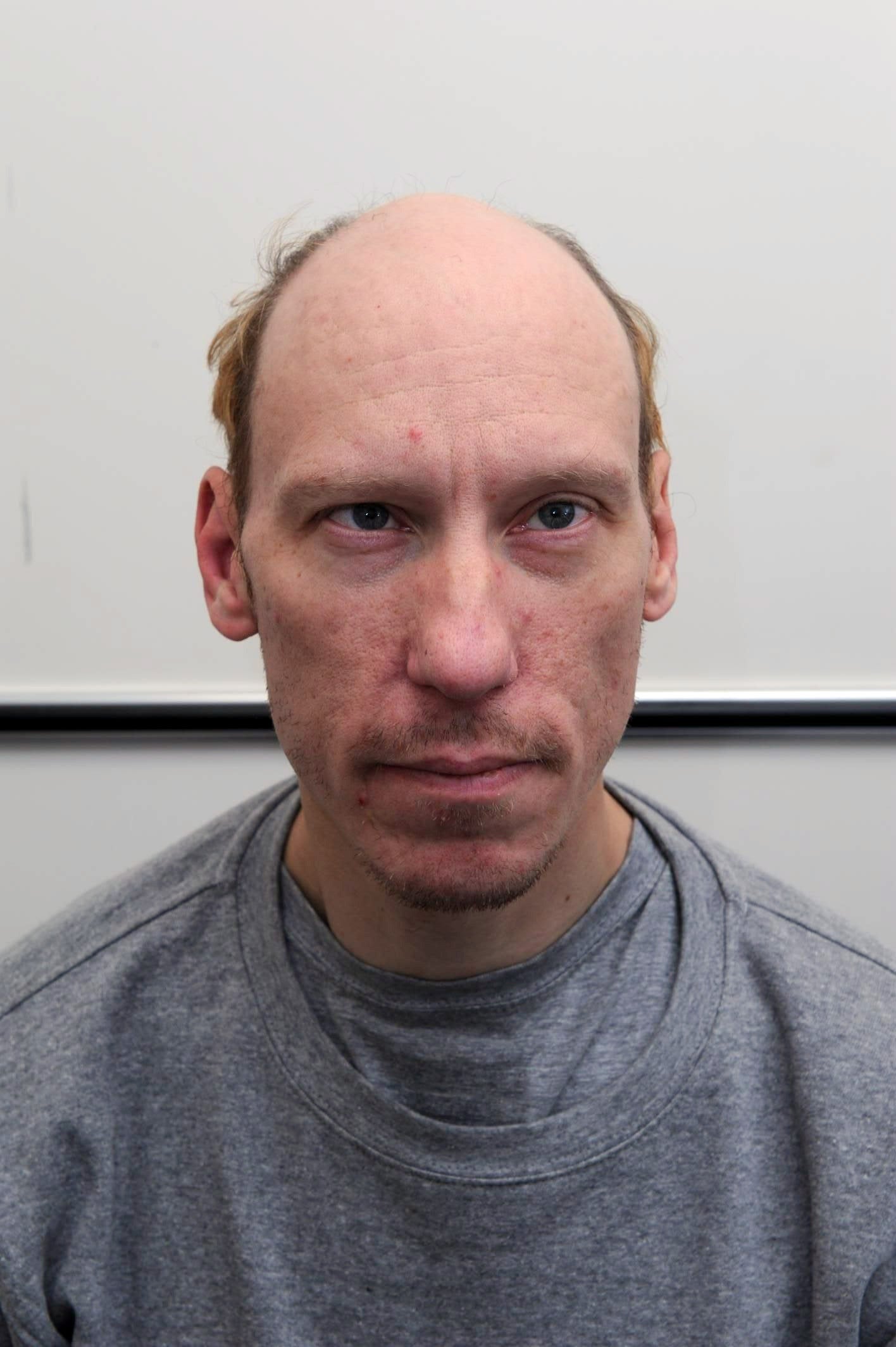MPs call for public inquiry into failure to stop serial killer Stephen Port
Barking MP Dame Margaret Hodge and shadow home secretary Yvette Cooper want a probe to examine if homophobia played a part in police failures.

Your support helps us to tell the story
From reproductive rights to climate change to Big Tech, The Independent is on the ground when the story is developing. Whether it's investigating the financials of Elon Musk's pro-Trump PAC or producing our latest documentary, 'The A Word', which shines a light on the American women fighting for reproductive rights, we know how important it is to parse out the facts from the messaging.
At such a critical moment in US history, we need reporters on the ground. Your donation allows us to keep sending journalists to speak to both sides of the story.
The Independent is trusted by Americans across the entire political spectrum. And unlike many other quality news outlets, we choose not to lock Americans out of our reporting and analysis with paywalls. We believe quality journalism should be available to everyone, paid for by those who can afford it.
Your support makes all the difference.MPs have called for a public inquiry into police failures to stop serial killer Stephen Port and whether homophobia played a part in the bungled investigations.
Inquest jurors found last week that the shambolic inquiries probably contributed to the deaths of three victims – Gabriel Kovari, Daniel Whitworth and Jack Taylor.
Loved ones of the three men and those of the first victim, Anthony Walgate, raised concerns that something sinister had happened after each of the deaths but were ignored by investigators.
Mr Walgate’s mother Sarah Sak, Mr Whitworth’s boyfriend Ricky Waumsley and Mr Kovari’s friend John Pape all told the PA news agency they believed homophobia had played a part in the Metropolitan Police failures.
The inquests into the four deaths revealed that officers failed to carry out basic evidence gathering such as examining Port’s laptop, testing DNA on bedsheets on which two of the bodies were found, and checking the veracity of a fake suicide note found with Mr Whitworth’s body.
Port killed the four men between June 2014 and September 2015 in Barking, east London, and sexually assaulted more than a dozen others.
Asking an urgent question about the case in the House of Commons on Monday, Barking MP Margaret Hodge asked Home Office minister Kit Malthouse: “Does the minister agree with the friends, partners and families that the Metropolitan Police are prejudiced and institutionally homophobic?
“Does he at the very least agree that, given the facts of the cases, homophobia must have been a factor that influenced the actions and inactions of the police?
“In these circumstances will he please order a full public inquiry to examine whether there is institutional homophobia in the police service?”
Dame Margaret said such an inquiry is “vital” if the police are to “gain the trust of the LGBTQ+ community”, adding: “The inquiry is also vital to ensure such a tragedy never happens again.”
She was supported by shadow home secretary Yvette Cooper who said the Home Office “response is too weak given the seriousness of this”.
She said: “It is incomprehensible that the dots were not joined… three young men might otherwise have been alive today.
“Crucially the victims’ families have raised very serious concerns about homophobia blighting both the investigation and the way they as partners and relatives were treated, though the jurors were directed not to consider this.
“But given the seriousness of this, does the minister not agree a further independent inquiry will be required to get to the truth of how and why it was possible for things to go so badly wrong, and does he accept that the families need answers which they have not got right now on how far homophobia, prejudice or unconscious bias affected this investigation?”
This follows a letter from Dame Margaret and 17 other signatories to Met Commissioner Dame Cressida Dick “to demand a public inquiry considers whether the Met is institutionally homophobic” after the inquest findings.
Policing minister Mr Malthouse said a forthcoming review into the culture at the Met, sparked by the murder of Sarah Everard by a serving officer, would examine whether there is homophobia in the force.
He also said that deputy mayor of London Sophie Linden had asked watchdog Her Majesty’s Inspectorate of Constabulary and Fire and Rescue Services to examine whether changes to the Met’s investigative processes had been effective.
The Independent Office for Police Conduct (IOPC) is considering whether to reopen its investigation into how the cases were handled.
It originally investigated 17 officers, all but one of whom gave no comment interviews and instead provided written statements, and nine were found to have performance failings.
A number of detectives gave a full account of their actions to the inquests into the men’s deaths, and the IOPC said it is considering whether anything they said will alter its findings.
Subscribe to Independent Premium to bookmark this article
Want to bookmark your favourite articles and stories to read or reference later? Start your Independent Premium subscription today.